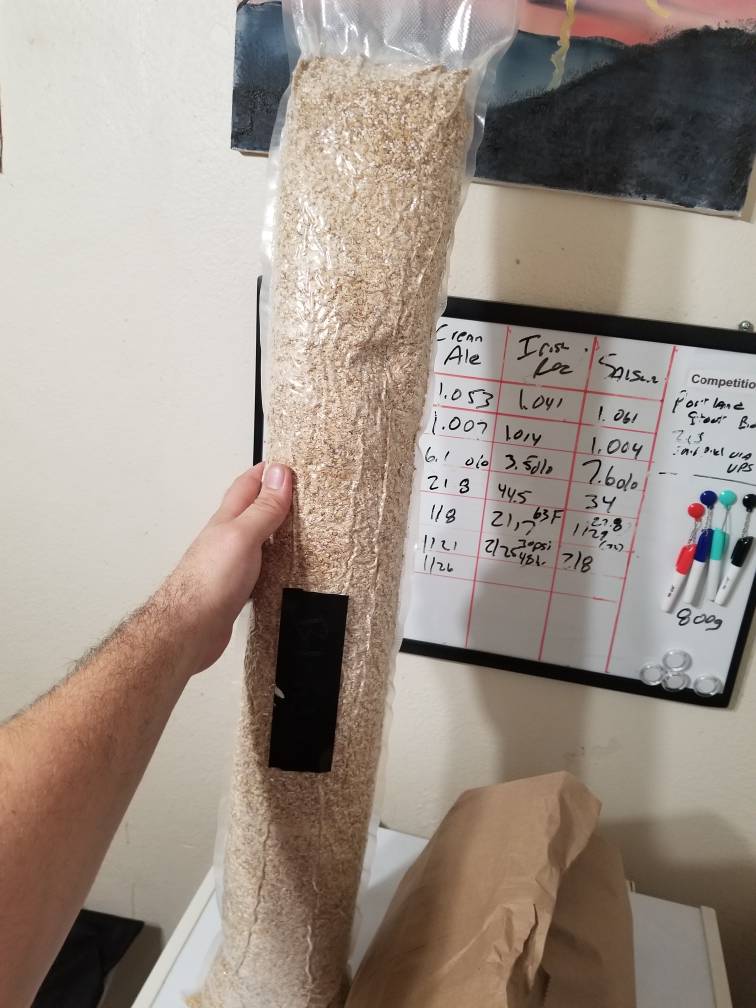I buy hops from Yakima Valley or Farmhouse.
I buy yeast and specialty grains and other misc (bottle caps, bottles, etc) from Ritebrew
I buy bulk base grains through our homebrew club who works with a local brewery. $25-30/bag for anything Briess
I buy hardware and such from Brewhardware.com or MoreBeer as a general rule though I don't buy much hardware anymore. My rig has been pretty stable for about 18 months now.
I buy yeast and specialty grains and other misc (bottle caps, bottles, etc) from Ritebrew
I buy bulk base grains through our homebrew club who works with a local brewery. $25-30/bag for anything Briess
I buy hardware and such from Brewhardware.com or MoreBeer as a general rule though I don't buy much hardware anymore. My rig has been pretty stable for about 18 months now.




